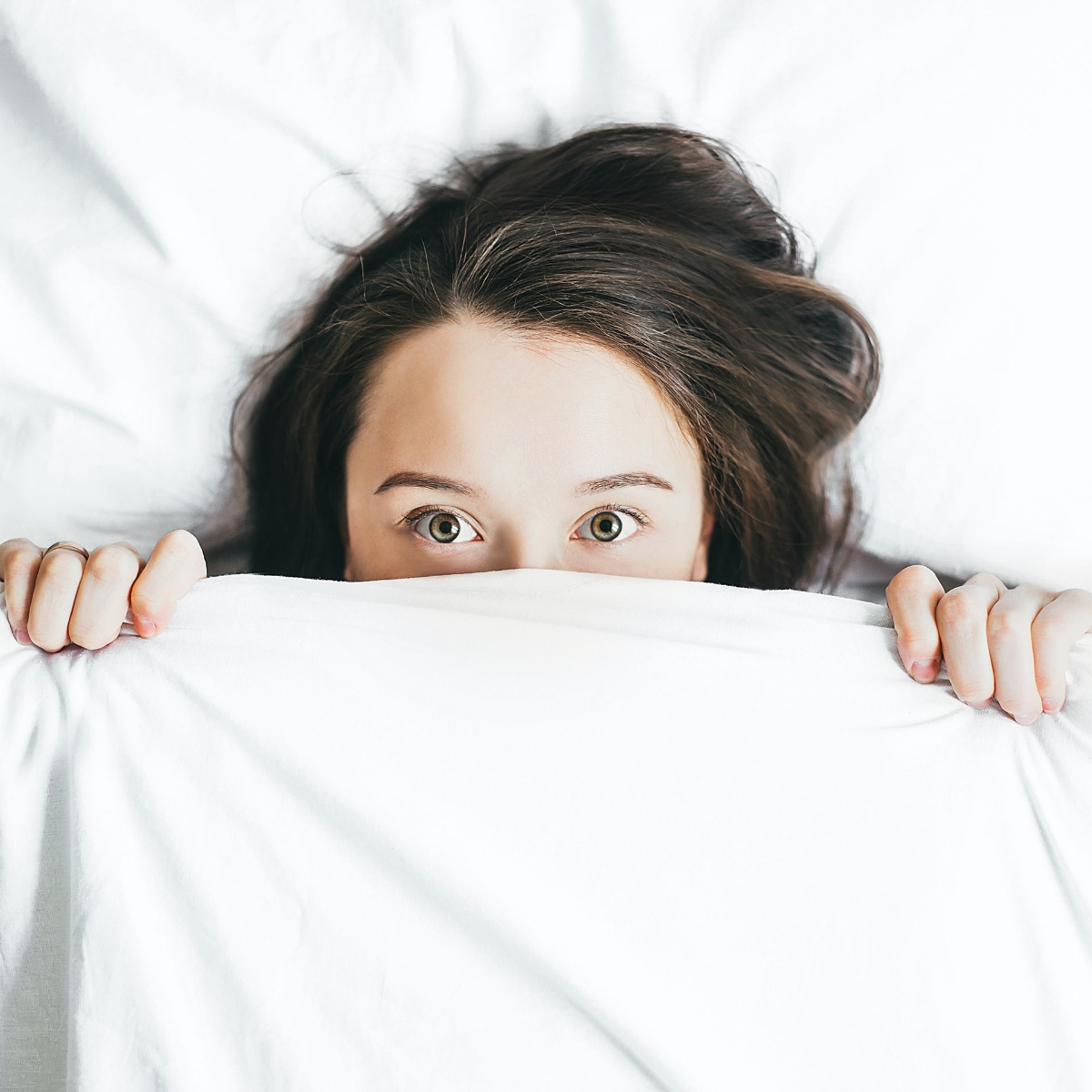
So many supplements for sleep – many people believe melatonin can be useful as a sleep aid. It carries the same potential downsides of psychological dependence as prescriptions medications.
It actually has little effect on your ability to fall asleep. Melatonin is a chrono biotic, not a hypnotic. This means that it can help regulate your circadian clock, making it quite useful for adjusting to jet lag, resuming regular schedule, and treating circadian rhythm disorders.
Cannabis has often been suggested as a helpful sleep aid and it can indeed help people fall asleep faster but eventually, a tolerance can occur and it may no longer have an effect.
Here are 4 things to try naturally to improve your sleep. When making changes, consider your willingness and ask yourself whether the discomfort of making changes is worth the improvement in sleep you are likely to experience:
1. Regular wake up time: wake up at the same time every day, this will strengthen your circadian clock and sleep drive. Sleeping in reduces your sleep drive at night.
2. Do not go to bed until you are sleepy. Can you tell the difference between tired and sleepy? Tired is what we feel in our bodies, sleepy forms more in the mind.
3. Do not stay in bed longer tan 15 minutes if not sleeping. Get up and do something low key and relaxing. Slow deep breathing, meditation, reading, play soft music. Train your body and brain that bed is for sleeping.
4. Attempts to sleep activate your sympathetic nervous system, when what you need is a strong parasympathetic nervous system activity to allow you to go to sleep. All you can do is set up an environment most conducive to sleep and then allow your body and mind to sleep.
One final note, light pressure and touch effect the parasympathetic nervous system.
Read medical study here: "The participants who received the moderate pressure massage exhibited a parasympathetic nervous system response"
Information and text shared from book "Biofeedback and Mindfulness in everyday life" - Inna Khazan, PH.D.
